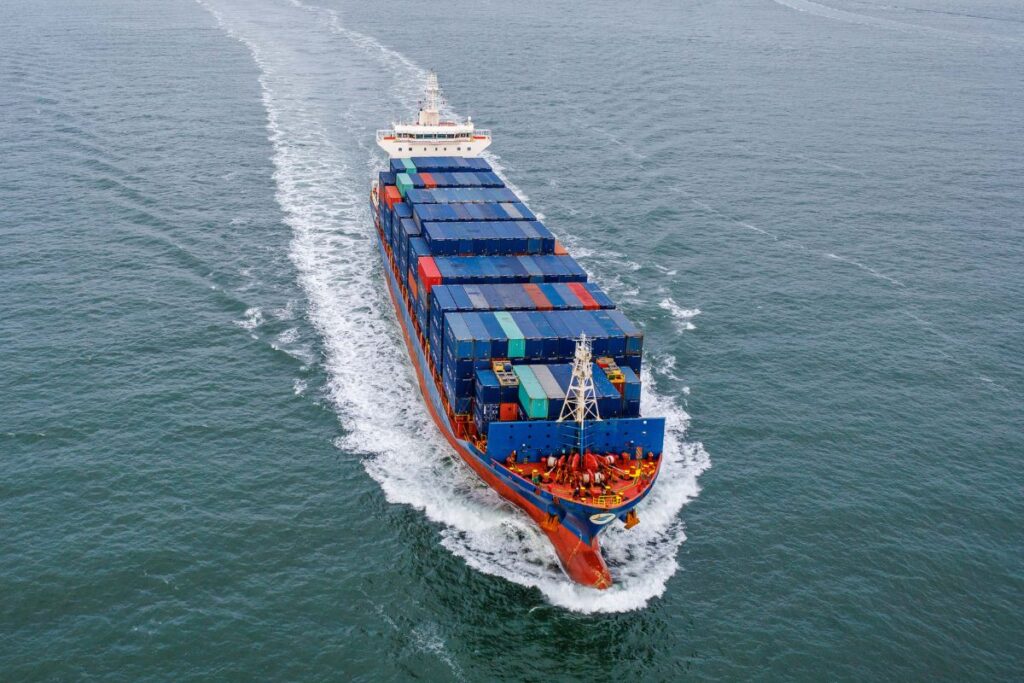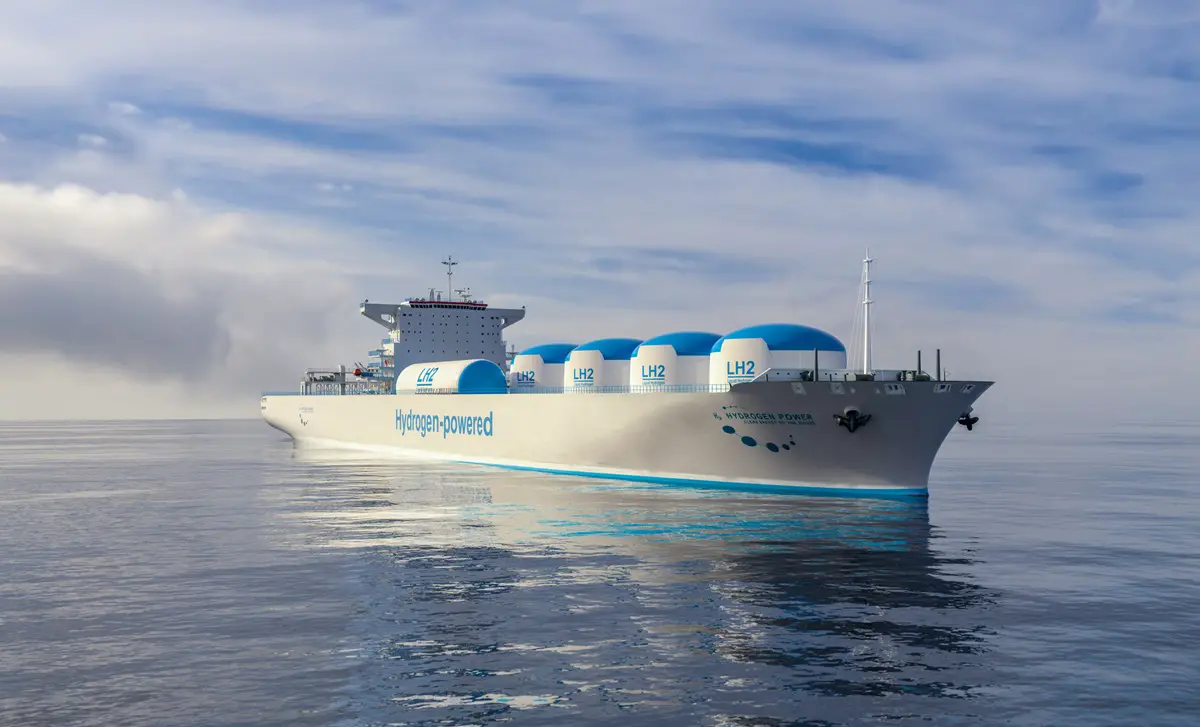Liquid hydrogen carriers face new ABS requirements

The new requirements are a step toward supporting projected market demands.
Classification society American Bureau of Shipping (ABS) recently published new rules for liquid hydrogen carriers to further support projected market demands in transporting hydrogen fuel.
The ABS requirements address safety and technical standards.
The safety and technical standards are for liquid hydrogen carriers transporting liquified hydrogen. These new ABS requirements reportedly expand on the corresponding IMO Resolution MSC.420(97) adopted in November 2016.
According to ABS, the publication provides further support on criteria including (but not limited to):
- Risk assessment
- Cargo containment
- Pressure piping systems
- Fire protection
- Ventilation
- Novel concepts
- New technology qualification
“The marine industry has increased its interest in the use and transport of hydrogen due to its properties as a zero-emission fuel and the ability to produce hydrogen from renewable and sustainable sources,” said Gareth Burton, ABS Vice President, Technology.
“This publication is the latest in ABS’ support of the hydrogen value chain, providing much-needed detail for new and existing liquefied hydrogen carriers in order to minimize risks to the vessel, crew, and environment,” Burton added.
ABS’ requirements extend beyond liquid hydrogen vessels.
The new requirements released for liquid hydrogen carriers are only an expansion of the classification society’s efforts to support interest in hydrogen as a marine fuel. Back in May, ABS released an expansive set of requirements to guide the marine industry in the use of hydrogen-fueled vessels.

Credit: Photo by depositphotos.com
The purpose of the Requirements for Hydrogen Fueled Vessels document released by ABS is to provide “Classification requirements, standards and criteria for the arrangements, construction, installation and survey of machinery, equipment and systems for vessels operating with hydrogen as fuel to minimize risks to the vessel, crew and the environment.”
Focusing on marine sustainability technologies.
 In addition to the requirements it has released for liquid hydrogen carries and hydrogen fueled vessels, ABS is leading a study for the European Maritime Safety Agency (EMSA) on key aspects of decarbonizing the shipping industry.
In addition to the requirements it has released for liquid hydrogen carries and hydrogen fueled vessels, ABS is leading a study for the European Maritime Safety Agency (EMSA) on key aspects of decarbonizing the shipping industry.
ABS says that this project is not only about hydrogen but other sustainable technologies, including alternative fuels like biofuels and ammonia as well as wind-assisted propulsion and air lubrication.
Ready to test your knowledge on the most abundant element in the universe? Take our fun and engaging Hydrogen Quiz now!






